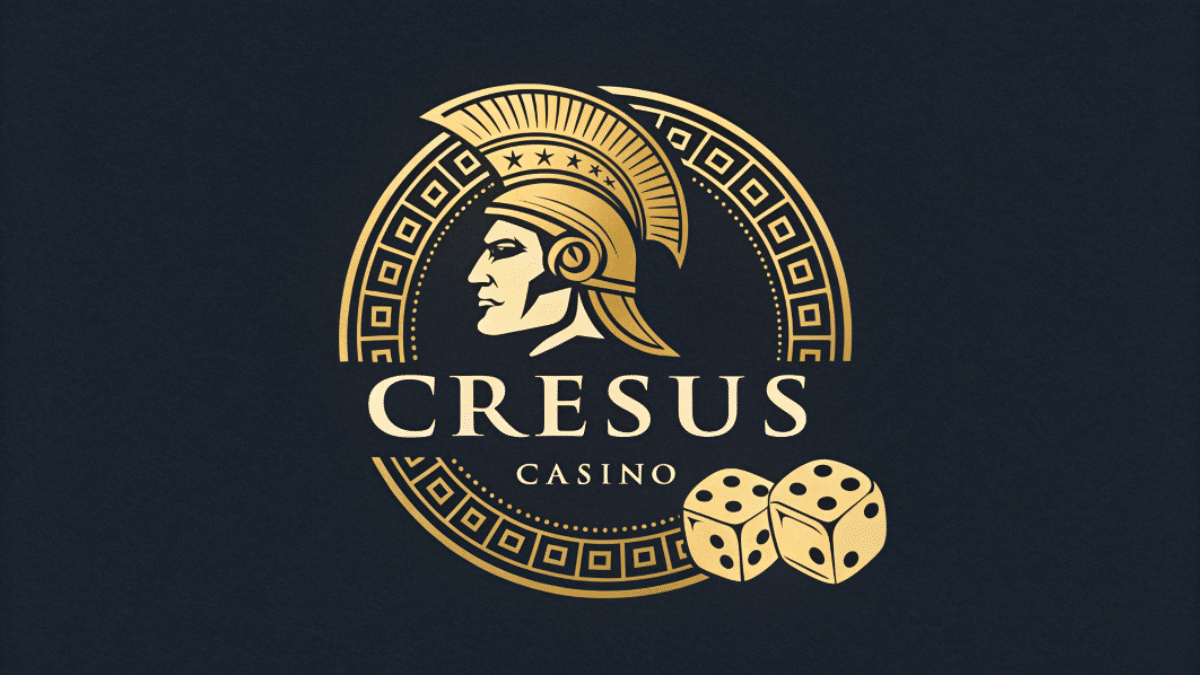The Spark Behind the Spin
There’s a particular kind of rush that comes just before a roulette ball lands, a card turns, or a slot machine reels come to a halt. That sensation — a pulse of anticipation, a flash of dopamine — feels as real as any external reward. And that’s no accident.
The human brain isn’t wired to distinguish between gambling and certain natural rewards. Instead, it responds to both with the same biological fireworks. Whether you’re winning a jackpot or simply hoping for one, your brain reacts in ways similar to how it responds to food, love, or even survival.
That’s what makes gambling so compelling — and, at times, so difficult to resist.
The Dopamine Circuit: Betting on Pleasure
At the center of this experience is dopamine, a neurotransmitter often misunderstood as the “pleasure chemical.” In reality, dopamine is more about motivation and anticipation than pure enjoyment. It fuels desire — the “wanting,” not just the “liking.”
When we gamble, even in small amounts, our brains light up in anticipation. Every spin or deal triggers a release of dopamine — not just after a win, but before it, during the expectation of a possible win.
This is why unpredictable rewards — like those offered by slots or scratch cards — are more stimulating to the brain than guaranteed ones. The uncertainty is what hooks us.
Modern platforms like Cresus Casino understand this dynamic and carefully structure experiences to keep players entertained without pushing them beyond healthy limits. When well designed, these games satisfy curiosity and excitement — without veering into compulsion.
Variable Rewards and the Power of Uncertainty
What makes gambling uniquely powerful in the brain is its use of variable-ratio reinforcement — a concept borrowed from behavioral psychology.
In simple terms, this means rewards come at random intervals. Sometimes you win after five spins. Sometimes fifty. The brain, however, treats each attempt as if success might be imminent.
This “maybe next time” mechanism is incredibly effective. It’s the same system behind:
● Social media notifications
● Loot boxes in video games
● Swiping on dating apps
Each action holds the potential of a reward — and that’s more addictive than a guaranteed outcome.
Casinos like Cresus Casino build on this principle using bright animations, sounds, and pacing that mirror reward-seeking behavior — much like a video game leveling system or digital prize wheel. The result is an immersive feedback loop that keeps users actively engaged.

Near Misses: The Illusion of “Almost”
Another way the brain gets tricked? Near misses.
Studies have shown that almost winning activates the same reward systems as winning itself. When you get two cherries instead of three, or your number is one off the roulette result, your brain reacts with disappointment — but also renewed motivation.
It’s irrational, but deeply human. We interpret near wins as signals of being “close,” even if the odds haven’t changed.
In gambling, this drives persistence. In psychology, it’s called cognitive distortion — a mistaken belief that past events influence future probability.
Understanding this mechanism has helped platforms introduce safer gaming tools. For instance, Cresus Casino includes voluntary time reminders and game history logs that help users step outside the emotional illusion and view their choices more objectively.
The Habit Loop: Cue, Action, Reward
Over time, gambling can evolve from a conscious choice into a habit loop. The process looks like this:
● Cue: boredom, stress, or curiosity
● Action: opening an app, placing a bet
● Reward: excitement, distraction, or a small win
The more often this loop repeats, the more automated it becomes. And because the brain loves consistency and pattern — even when the outcomes are random — it keeps returning to familiar routines.
This doesn’t mean gambling is inherently dangerous. But it does explain why many players find it difficult to stop even when they’re not actively enjoying the experience.
Platforms that prioritize long-term user wellbeing, like Cresus Casino, build in tools that interrupt these loops in subtle ways — such as session limits, self-assessment check-ins, and the option to pause accounts without penalty.
Brain Biases: Why Logic Often Loses
The brain doesn’t always work logically when emotions run high. Several cognitive biases contribute to distorted gambling behavior:
● The Gambler’s Fallacy: believing a win is “due” after a series of losses
● Confirmation Bias: remembering wins more vividly than losses
● Illusion of Control: thinking personal skill influences chance-based outcomes
● Sunk Cost Fallacy: continuing play to justify earlier losses
These biases aren’t flaws — they’re evolutionary leftovers from when humans had to quickly assess risks in unpredictable environments.
But in a casino setting, they can lead to overconfidence, poor bankroll management, or simply chasing the feeling rather than the result.
That’s why education and awareness are key. Some platforms now integrate real-time feedback on odds and history to help players counter bias in the moment — giving the logical mind a fighting chance.
The Role of Design: Stimulating the Senses
Visual and audio cues are powerful. Slot machines, for instance, are designed to simulate small wins with lights and sounds even when the payout is minimal — tricking the brain into feeling rewarded.
Color schemes, sound effects, and game pacing all contribute to the sense of “flow” — a state of focused immersion where time slips away.
Cresus Casino and other modern platforms carefully manage these elements to create safe stimulation rather than overload. The goal is not to manipulate, but to engage — delivering satisfaction without distortion.
Can Gambling Be Healthy?
It depends on the context.
When played recreationally and within boundaries, gambling can:
● Offer social interaction
● Provide brief escapism
● Satisfy curiosity and novelty seeking
● Create enjoyable anticipation
The key is moderation, informed choice, and understanding one’s own motivations.
In recent years, the industry has made strides toward responsible gambling, moving away from predatory mechanics and toward a model that respects player autonomy.
Cresus Casino is one of several platforms that now promotes transparency, optional controls, and user education — empowering individuals to enjoy the experience without losing themselves in it.
The Brain’s Favorite Game
In the end, gambling appeals to something primal: our desire to beat the odds, to experience surprise, and to feel that flicker of control in a chaotic world.
The human brain is built to respond to those challenges — and sometimes, to mistake risk for reward.
But when platforms, designers, and players understand that reaction for what it is — chemistry, not fate — we gain the clarity to play with awareness, not compulsion.
Because the real win isn’t just hitting the jackpot. It’s understanding the game behind the game — and choosing how we respond to it.

